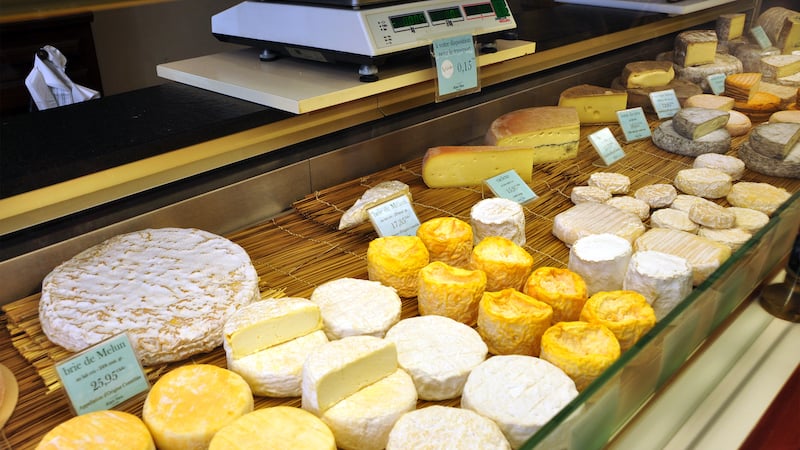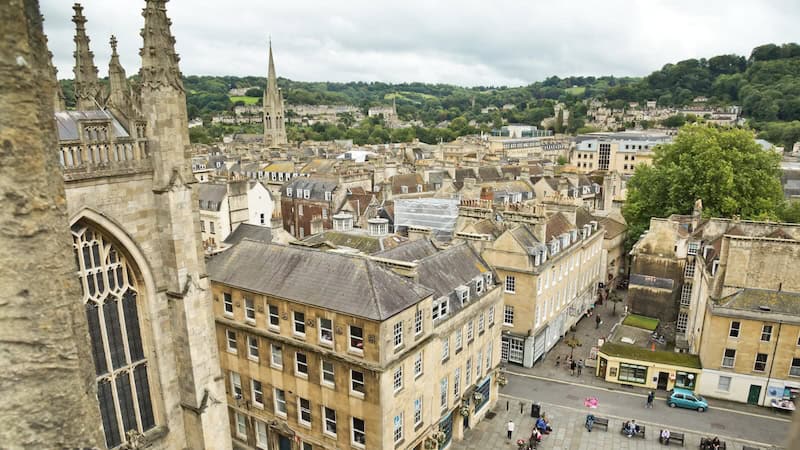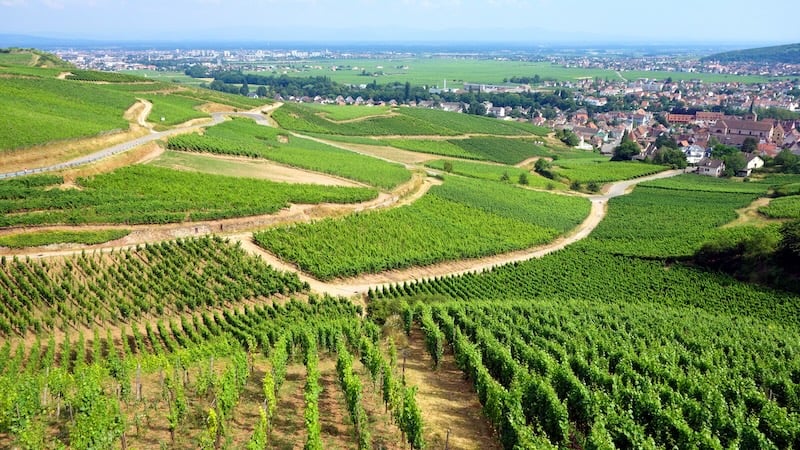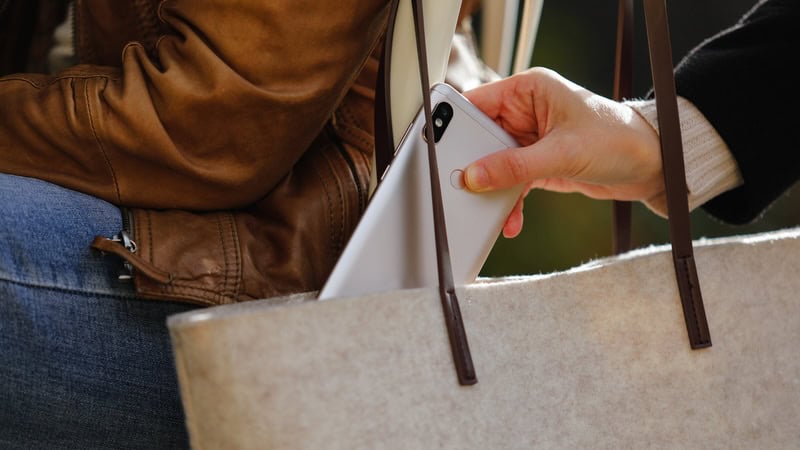Connecting with People
Appreciating “zee feet of angels” and other cultural affections in Europe

Even seasoned travel writer Rick Steves used to be content with American cheese and deride certain “high-falutin’” Old World airs. After connecting with people throughout Europe, his appreciation of European cultural affections has blossomed.
I used to be put off by European sophisticates, so into their fine wine and stinky cheese and their high-falutin’ “terroir” that created it all. But now I love being a cultural bumpkin.
Sure, I’m simple. I was raised thinking cheese is orange and comes in the shape of the bread. Slap it on – voilà! – cheese sandwich. Over in Europe, cheese is not orange nor the shape of the bread. In France alone you could eat a different cheese every day of the year. And it wouldn’t surprise me if people did. These people are passionate about their cheese.
I love it when my favorite restaurateur in Paris, Marie-Alice, takes me shopping in the morning and shows me what’s going to be on the menu that night. She steers me into her favorite cheese shop. It’s a festival of mold. Picking up the moldiest, gooiest wad, Marie-Alice takes a deep whiff, and groans ecstatically, “Oh, Rick, smell zees cheese. It smells like zee feet of angels.”
I’m her wide-eyed student. It’s fun to be on the receiving end of all that cultural, gastronomic, and regional pride. I see it as a learning opportunity. Thankfully, people are sophisticated about different things, and when we have the opportunity to connect, it can be good for all.
Connecting with people, pianos, and quality
While my father never knew much about cheese, he was sophisticated about pianos. He was a piano tuner in Seattle, and he imported fine pianos. Back in the late ’60s and early ’70s I’d join him on trips to Vienna. He’d take me to the Bösendorfer factory, where the world’s finest pianos were made. I remember thinking they weren’t manufactured – they were birthed. Touring the factory, which filled a former monastery, we learned the procedure for aging the wood, and why the imported felt was made from the wool of a certain kind of sheep. In former monks’ cells, the workers each proudly produced two pianos per year. The result of this lovingly labor-intensive production process: Each piano had its own personality. Bringing that Old World quality to the New World was the joy of my dad’s work.
While this old-time quality is gone (such fine, handcrafted pianos are a casualty of our mass-produced modern world), perhaps having witnessed it is one of the reasons I’m enthusiastic about sharing the fine points of European culture. Bösendorfers may no longer be produced with such loving care. But, thankfully, the cheese still smells like zee feet of angels.
A variety of fascinating people and values
On the road you meet people you’d never meet at home – people who highlight those cultures. I meet a greater variety of interesting people in two months in Europe than I encounter in an entire year in America. At home, we surround ourselves with people like ourselves. It’s just the normal thing to do. We shop, worship, and play where people like us do the same things.
One of my favorite countries is Ireland – not because of its sights, but because of its people. In Ireland, I enjoy the sensation that I’m actually understanding a foreign language. People there have the gift of gab – for them, it’s an art form. I think the Irish are such engaging conversationalists because, even if they don’t speak Gaelic (the poetic old Irish language), many think in it.
More Irish speak Gaelic than many travelers realize. Often when you step into a shop, you don’t know that the locals were speaking to each other in Gaelic. They turn to you, without missing a beat, and speak in English. When you step away, they slip right back into their language.
I love traveling in a Gaeltacht, as Gaelic-speaking regions are called. These are national preserves for the traditional culture – where the government decides, even at the expense of good business, that they will subsidize the continued existence of the Irish language because it’s part of their heritage. It’s very hard for me to keep my busy itinerary in a Gaeltacht because people are so charming and they’ve got all the time in the world to talk.
I was deep into one conversation with an old-timer when I asked him, “Were you born here?” And he said, “No, ’twas about five miles down the road.” Later on I asked him, “Have you lived here all your life?” He winked and said, “Not yet.”
When I’m doing a tour, writing a guidebook, or filming a TV show, if I’m not connecting with people, it’s going to be a flat experience. Cultural bumpkin or worldly sophisticate, if you want rich travel experiences, you’ve got to connect.
PHOTO CAPTION, ABOVE: The French are serious about cheese. CREDIT: Rick Steves.

Explore more of Rick Steves’ Europe in Boomer
©2023 RICK STEVES
As an Amazon Associate, Boomer Magazine earns from qualifying purchases of linked books and other products.



